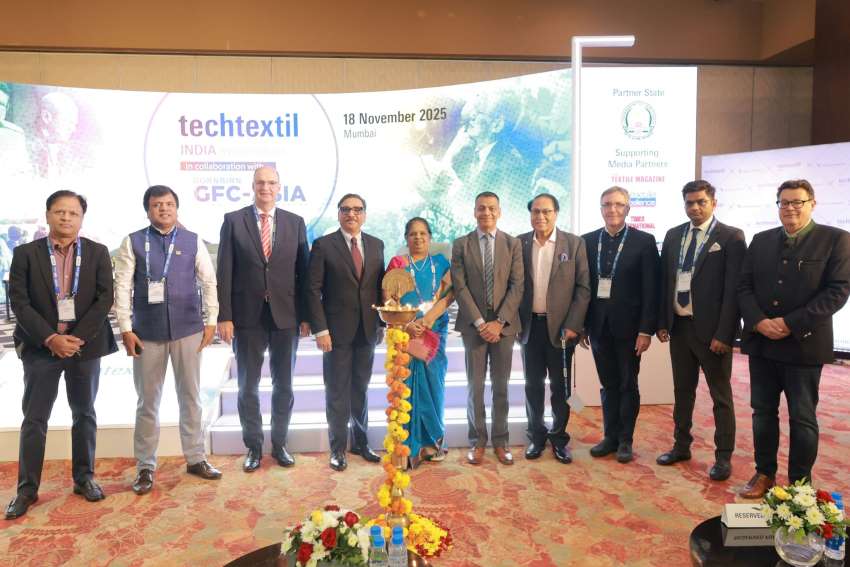A number of textile and garment firms in Vietnam may benefit from the EU-Vietnam Free Trade Agreement (EVFTA) expected to be signed next year. This is especially true for firms that have close production chains, from fiber, cloth, yarn, and buttons to finished products. There will be ample opportunities to upgrade the value chain for the textile and garment sector as EVFTA will provide tariff preferences to Vietnamese exporters to the EU.
Vietnamese producers can upgrade their value chain, adding weaving or knitting stage to existing cutting and sewing. At present, this operation is particularly challenging, as it requires financial resources and high-skilled workers to manage the high-technology machinery. Vietnam, rich in labor and limited in available capital, is deeply engaged in the low-end of garment manufacturing activities (the cut and sew stage of production). The textile and garment sectors actually show huge differences between each other. Textiles are more capital-intensive, relying on technology and requiring highly skilled workers. They add higher value than the garment sector, which is labor-intensive and mainly reliant on low skilled workers.
However, many textile and garment firms in Vietnam might not be able to enjoy the benefits of EVFTA as many companies that import materials from countries like China, Taiwan, and Hong Kong, and not from EVFTA members.
Pact with EU may help Vietnam
- 1
- 2
- 3
- 4
- 5
- 6
- 7
- 8
- 9
- 10
Threads of Labor and Steel: The human-machine ecosystem powering India’s textile…
India generates nearly eight million tonnes of textile waste every year, placing the country at the center of the global... Read more
Hanging by a Thread: US Tariffs cripple Indian textile exports, orders drop 70%
India’s textile and apparel industry is facing an unexpected mid-cycle rupture that is reshaping the sector’s economics far faster than... Read more
Sourcing's new compass, navigating apparel's great migration beyond Asia
The global apparel sourcing business is redefining the metrics of success beyond traditional labor costs. Led by geopolitical risks, consumer... Read more
No A-Grades for Climate: What the fossil-free fashion scorecard reveals about in…
For years, the global fashion industry has promised a cleaner, greener future but 2025’s Fossil-Free Fashion Scorecard by STAND.earth offers... Read more
Wired Threads: How India’s textile backbone is powering the smart apparel future
India’s huge textile industry, long celebrated for its command over cotton and competitive manufacturing scale, is going through a foundational... Read more
The New Core Competency: How sustainability and advanced fabrics are driving Ind…
The SportTech Pavilion at Techtextil India, hosted by Concepts N Strategies, concluded with a unanimous declaration: for India to successfully... Read more
New EU import rules set to raise prices for Shein and Temu, boosting European re…
Europe’s fashion and textile scenario is on the verge of its most consequential structural shift in over a decade. The... Read more
Global apparel trade rebalances in 2025 as Europe rises, Asia stumbles: Wazir Ad…
As the global apparel economy enters the final quarter of 2025, trade flows across major markets reveal a sector facing... Read more
Tariffs, turbulence and tenacity, India’s textile sector finds new strength
India’s textile and apparel export sector is showing a remarkable capacity to adapt and thrive in one of the most... Read more
Future Fiber Demand and the Chemical Recycling Imperative: Global industry eyes …
The global textile industry is entering a period of exponential growth and profound technological transformation, according to key figures speaking... Read more












